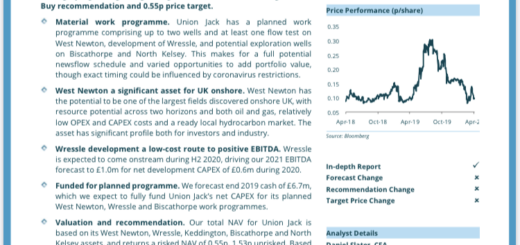It’s good bye to the 50p top rate of income tax which will be scrapped next year under plans to be unveiled in this week’s Budget. George Osborne, the Chance(or)llor, will tell us all that the tax is undermining the British economy by deterring investors & entrepreneurs. It will be replaced with a 45p rate from April 2013, with The Treasury spouting the party line that by actually lowering the tax they will increase revenue. Now we all know why the country is in such a pickle to actually try to make the common folk believe this wheeze for the rich will raise more money “because fewer people will avoid it”. By the time of the election Osborne hopes to scrap the higher rate entirely, with Britain’s highest earners paying 40p in the pound. The decision is likely to prove highly controversial and will be attacked by Liberal Democrat and Labour MPs, who will accuse the Conservatives of helping the wealthy. However, Liberal Democrat ministers agreed to scrap the rate in exchange for a new “tycoon tax” intended to prevent widespread tax avoidance.
The Daily Telegraph
Analysts expect technology giant Apple to pay a dividend, something it can easily afford as it had $97.6bn in cash and securities at the end of last year. An Apple statement on Sunday night stated it will “announce the outcome of the Company’s discussions concerning its cash balance. Apple will not be providing an update on the current quarter nor will any topics be discussed other than cash.” A dividend would reward shareholders and open ownership of Apple shares to a wider range of funds. Many “value-oriented” funds are not allowed to buy stocks that don’t pay dividends. And analysts say the lack of a dividend or other meaningful way of using the cash has held back the value of Apple’s stock. A share buyback has also been previously mooted.
The Prime Minister will warn that Britain’s road network is “falling behind” the rest of the world as he suggests that private companies should run motorways and A-roads. Under the plans, the companies will receive a portion of the annual vehicle licence fee to maintain and upgrade the network. Firms would also be encouraged to build new motorways and roads that would be funded by tolls.The Prime Minister will urge Britain to follow the example set by the Victorians by embarking on a new era of infrastructure building. He will announce a new feasibility study to develop ways to bring private investment into Britain’s major roads, which independent experts calculate could be worth up to £100bn, The Daily Telegraph says.
The Times
Half a dozen countries have announced their intention to support an outside candidate for the presidency of the World Bank, in a move that will give the White House a headache as it considers who to pick as its favoured candidate this week. Several developing countries want to end the monopoly enjoyed by the US in selecting the head of the development institution and are proposing their own candidate, the economist Jeffrey Sachs. Although the World Bank has 187 member countries, under a long-standing agreement the US picks the bank’s president while Europe gets to choose who will lead the International Monetary Fund. Robert Zoellick has announced that he will step down as head of the World Bank this year, and The White House and Treasury will put forward their nominee by the end of this week.
George Osborne will be given a pre-Budget boost today when a leading economic think-tank says he is on track to borrow £7bn less than expected. The Ernst & Young ITEM Club will say that public sector net borrowing is forecast to come in at £120bn in 2011-12, compared with the Office for Budget Responsibility’s projection of £127bn. This is due to a strong rebound in corporate tax revenues and modest under-spending by government departments. Andrew Goodwin, senior economic adviser to the ITEM Club, said: “The Chancellor is well on track with reining in the public finances. If corporate tax receipts continue to increase at their current rate, the Chancellor might even be able to meet his fiscal mandate almost a year earlier than predicted by the OBR.”
The FT
An Indonesian entrepreneur who bailed out the country’s powerful Bakrie family by buying a $1bn stake in coal miner Bumi plc is to implement a potentially major restructuring programme when he becomes the company’s executive chairman. Samin Tan, a former accountant who owns 29.9% of Bumi plc’s voting shares jointly with the Bakries, is to replace Nat Rothschild – who will remain on the board – at a board meeting on March 26. Indra Bakrie will remain as co-chairman but he said the hierarchy will be clear.









